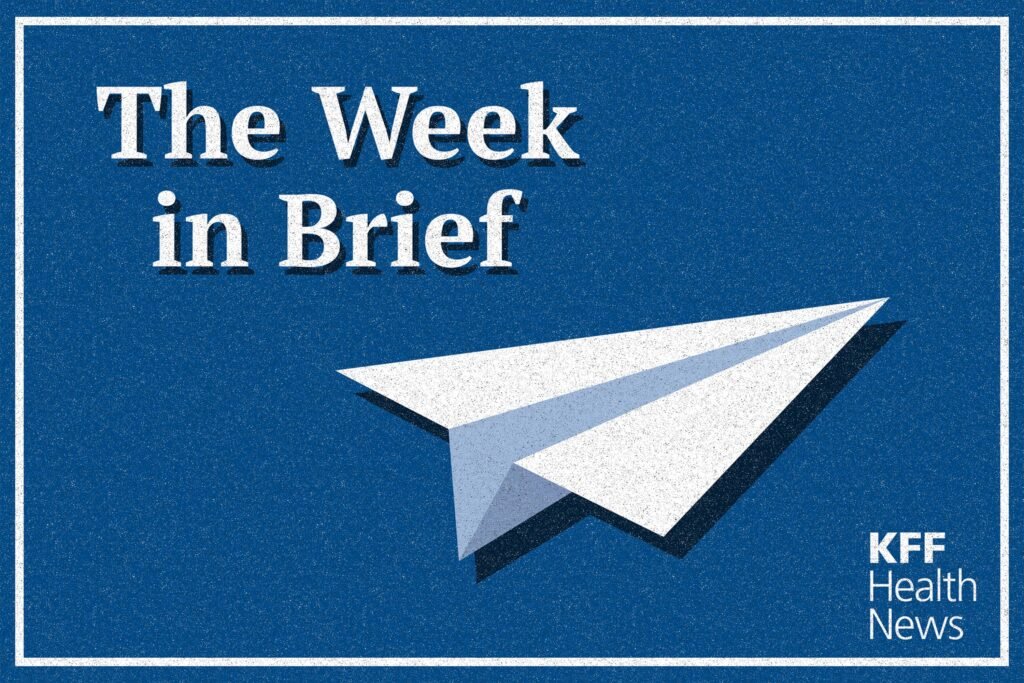Hospitals have long been known for their political influence, with years of lobbying efforts at both the federal and state levels. According to OpenSecrets, hospitals and nursing homes have significantly increased their federal lobbying spending over the years, from $35 million in 2000 to over $133 million last year, marking a 280% increase.
Recently, hospitals in Montana had a crucial opportunity to leverage their political power as the state’s Medicaid expansion program was up for renewal. Conservative lawmakers and groups saw this as a chance to potentially terminate or narrow the program, which costs around $1 billion in federal and state taxpayer money to provide coverage for tens of thousands of low-income adults. However, the outcome was unexpected as the Medicaid expansion renewal bill passed smoothly with minimal changes, thanks to the efforts of hospital lobbyists and a coalition of various healthcare stakeholders.
The hospitals, led by the Montana Hospital Association, worked diligently over the past year to build a coalition with businesses, health clinics, physician groups, insurers, and advocates for low-income individuals to advocate for the extension of Medicaid expansion. Their collaborative efforts paid off as Democratic and moderate Republican lawmakers joined forces to push the bill through without major hurdles.
Despite the success of hospitals in securing the renewal of Medicaid expansion, some conservative lawmakers have expressed frustration over the lack of oversight and transparency in the healthcare sector. Republican state Sen. Greg Hertz emphasized the need for hospitals, many of which are nonprofit organizations exempt from taxes, to be more transparent and cooperative in discussions about controlling costs and improving services. However, hospitals have pushed back against what they perceive as onerous regulations, defending their track record in working on various health policies.
Montana Hospital Association president and CEO Bob Olsen reiterated hospitals’ willingness to engage in discussions to enhance healthcare in the state but emphasized their stance against regulations they deem burdensome. While hospitals have demonstrated their ability to navigate political challenges and advocate for their interests, the debate continues on the balance between regulatory oversight and collaboration in the healthcare industry.
Overall, the influence of hospitals in shaping healthcare policies and programs like Medicaid expansion cannot be understated. Their ability to mobilize stakeholders, navigate legislative hurdles, and advocate for their interests highlights the importance of their role in the healthcare landscape. As the healthcare sector continues to evolve, the ongoing dialogue between hospitals, lawmakers, and other stakeholders will be crucial in shaping the future of healthcare in Montana and beyond.


